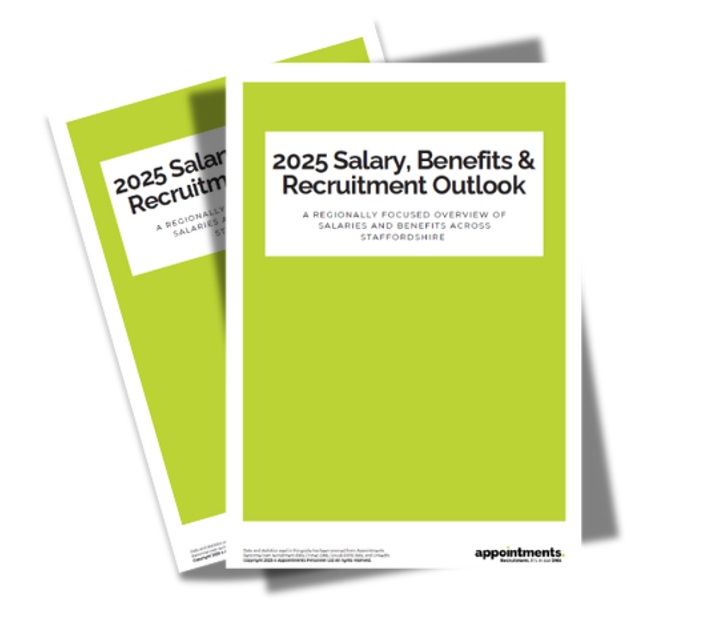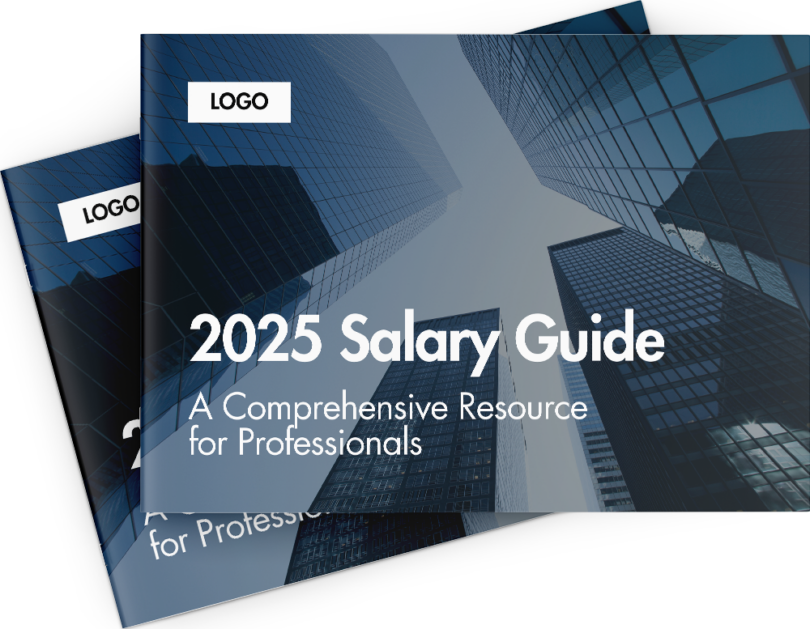
Share Article
Latest ONS Labour Market Report For New Year
As the ONS releases its latest labour market update, the results show demand for workers is still higher than pre-pandemic, despite signs of economic slowdown.
Although some companies appear to be holding back on permanent recruitment, opting for temporary placements instead, the labour market remains competitive. Combined with candidate shortages we continue to see challenges for business looking to hire new talent in 2023.
In this blog we provide a summary of the findings and the Recruitment and Employment Confederations response.
ONS Labour Market Findings
The UK employment rate for August to October 2022 increased by 0.2 percentage points on the quarter to 75.6% but is still below pre-coronavirus (COVID-19) pandemic levels. Over the latest three-month period, the number of employees increased, while self-employed workers decreased.
The most timely estimate of pay rolled employees for November 2022 shows another monthly increase, up 107,000 on the revised October 2022 figures, to a record 29.9 million.
The unemployment rate for August to October 2022 increased by 0.1 percentage points on the quarter to 3.7%. In the latest three-month period, the number of people unemployed in the labour market for up to six months increased, and this increase was seen across all age groups.
The economic inactivity rate decreased by 0.2 percentage points on the quarter to 21.5% in August to October 2022. The decrease in economic inactivity during the latest three-month period was driven by those aged 50 to 64 years. Looking at economic inactivity by reason, the quarterly decrease was driven by those inactive because they are retired.
Estimated number of vacancies in the labour market dropped
In September to November 2022, the estimated number of vacancies fell by 65,000 on the quarter to 1,187,000. Despite five consecutive quarterly falls, the number of vacancies remains at historically high levels. The fall in the number of vacancies in the labour market reflects uncertainty across industries, as respondents continue to cite economic pressures as a factor in holding back on recruitment.
Demands for pay increases continue
Growth in average total pay (including bonuses) and regular pay (excluding bonuses) among employees was the same at 6.1% in August to October 2022; for regular pay, this is the strongest growth rate seen in the labour market outside of the coronavirus pandemic period.
Average regular pay growth for the private sector was 6.9% in August to October 2022, and 2.7% for the public sector; outside of the height of the pandemic period, this is the largest growth rate seen for the private sector and is among the largest differences between the private sector and public sector growth rates we have seen.
In real terms (adjusted for inflation) over the year, total and regular pay both fell by 2.7%; this is slightly smaller than the record fall in real regular pay we saw in April to June 2022 (3.0%) but still remains among the largest falls in growth since comparable records began in 2001.
Recruitment and Employment Confederation responds
Responding to the figures, Neil Carberry, Chief Executive of the Recruitment & Employment Confederation (REC), said:
“Today’s official labour market data confirms the trends that business surveys have been suggesting for some time. Demand for workers is still higher than pre-pandemic, which combines with candidate shortages to make hiring workers a challenge. Slower economic performance and high inflation is starting to slow this trend, but it has not reversed. High inflation and a tight labour market have also fed into higher pay for existing and new staff, a challenge to companies who are facing rising costs across the board. At an unpredictable time, it is also no surprise to see firms dipping into the UK’s world-leading temporary work market for short-term access to key skills.
“For businesses, this report confirms the need to keep investing in getting hiring right because even in a slower economy we are likely to still have a tight labour market. Working with a professional recruitment partner is an essential part of that. For governments, supporting people into work from inactivity must be a priority – but that must be tied to a wider plan for long-term growth and workforce sustainability.”
Recruitment help is available
If you’re struggling to find the right talent for your team, we can help you make sure your recruitment efforts provide results. Or maybe, you’re holding back on recruitment and want the flexibility of temporary staff to help fill the gap. Give us a call for support on 01782 338787.










